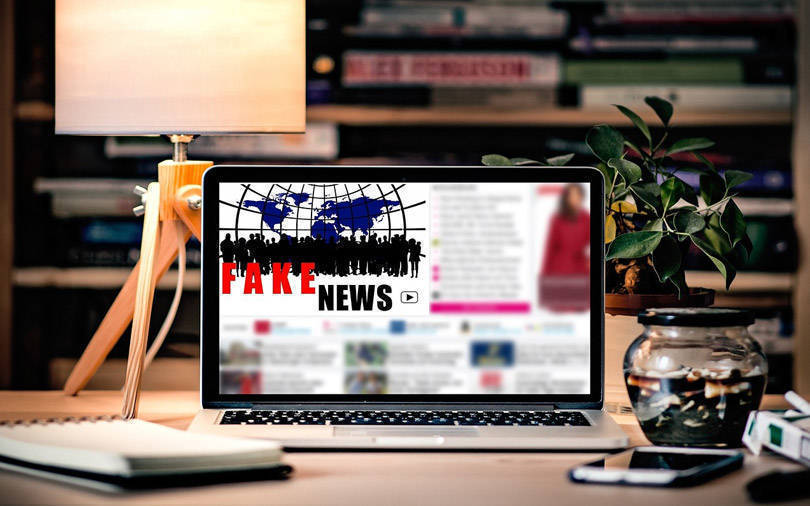
As India seeks to curb fake news, Facebook and Twitter may need licences to operate


Social media platforms and publishers with a presence in India may have to get a license to operate in the country, if the draft policy to check fake news is finalized in its current form, two people who are part of the ongoing consultations told TechCircle on the condition of anonymity. The sources were unaware of the timeline for the announcement of the draft policy.
The home ministry, said one of the two people cited above, has invited advisory and comments on the draft policy that aims to check and control the spread of fake information and verify if a specific news item is fake or not. In its current form, the draft policy will apply to players such as Facebook, Google, WhatsApp, Twitter, Medium and other outlets where the content is not moderated by the platform.
In November, the home ministry had asked various social media platforms to attend fortnightly meetings and update the ministry on steps taken to address the spread of disinformation and fake news. The ministry had also asked technology companies to appoint grievance officers in India by November 9. Search giant Google had sought an extension till November 30.

Traditionally, the grievance officers for Google’s payments platform, Twitter and WhatsApp have always been based at their headquarters in the US, in compliance with guidelines for intermediaries under the Information Technology Rules 2011. WhatsApp had complied with the government’s directive appointing Komal Lahiri in the US, though neither WhatsApp, nor Google and Twitter have a nodal officer in India to address grievances.
“As per provisions of IT Act, 2000, intermediaries such as social media websites need to take down objectionable or illegal materials on receipt of actual notice from an affected party within 36 hrs of receipt. If they do not, they can be liable under the IT Act, 2000. Civil or criminal liability will lie depending on facts and circumstances of each case,” said Karnika Seth, attorney at law and partner at law firm Seth Associates.
The proposed license in the draft policy on fake news will be applied to all non-news outlets in the country which are a mix of user generated posts and shares from other websites. The ongoing consultations also point at a body which would take up the role of monitoring the progress in a public-private partnership model. In August this year, central government had to withdraw the proposal to set up a ‘social media hub’ for collecting, monitoring and analysing digital content across social media and news platforms after the Supreme Court termed it an attempt to ‘creating a surveillance state.’

The spread of misinformation and fake news have been especially relevant in the run up to the general elections in 2019 with Twitter CEO Jack Dorsey and WhatsApp CEO Chris Daniels upping their engagement with the government. WhatsApp had also committed to outreach and awareness on identifying fake news through radio, print and digital ads and workshops. Facebook had also partnered with BOOM and AFP in India for third party fact-checking initiatives.
